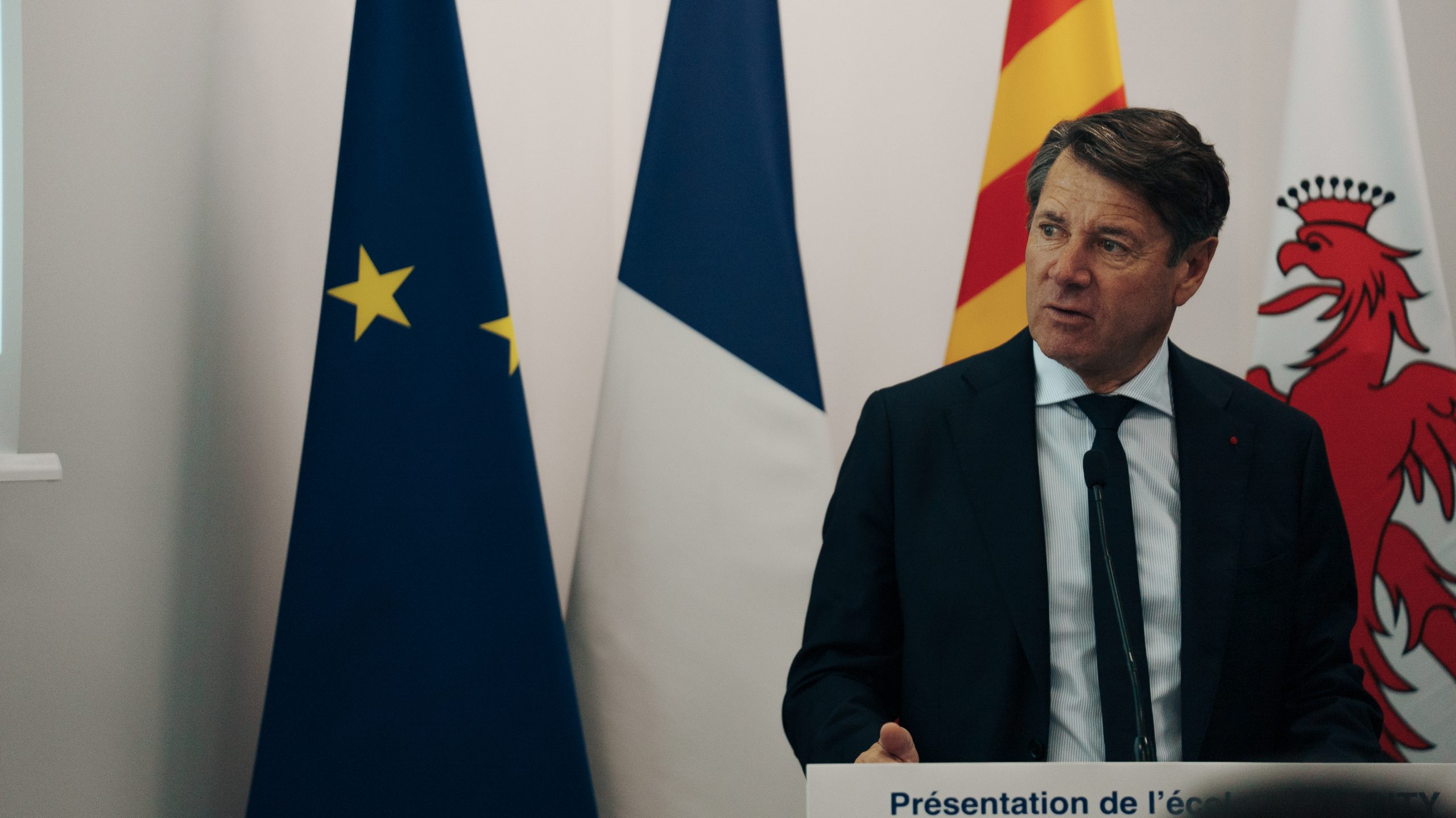
The Metropolitan Council of Nice Côte d’Azur voted on Thursday, January 30, 2025, on its budget for the coming year. With 109 votes out of 124 expressed in favor, this budget follows a dual logic: ensuring financial stability while maintaining a dynamic of strategic investment.
In a tense economic context, marked by struggling public finances, the Metropolis had to find a balance between budgetary rigor and the need to invest in the future. “Faced with the prevailing economic stagnation, we wanted to quickly vote on this metropolitan budget to provide visibility to our citizens, our businesses, and our territory,” declared Christian Estrosi, President of the Metropolis Nice Côte d’Azur.
Investment thus reaches 477.5 million euros, with 196 million euros allocated to the main budget. Taxation remains stable, without any tax increase, and an effort to reduce debt by 15 million euros in 2024 helps strengthen the collectivity’s financial sustainability.
Strong Priorities for the Territory
The 2025 budget reflects the priorities of the Metropolis, with an allocation of expenditures focused on several major projects:
– Ecological and energy transition: 76.6 million euros
– Social and territorial cohesion: 35.6 million euros
– Economic attractiveness: 30.6 million euros
– Infrastructure: 149.7 million euros
The modernization of transport remains a central issue, with the extension of the tram (line 4 to Saint-Laurent-du-Var and Cagnes-sur-Mer, and a study for line 5 to L’Ariane, Saint-André-de-la-Roche, La Trinité, and Drap). The maintenance of road networks and the modernization of environmental infrastructures are also among the major priorities.
A Budget of Responsibility and Solidarity
In a pragmatic approach, the Metropolis also intends to strengthen solidarity measures. A grant of 10 million euros is maintained to support the municipalities in the territory. In addition, the reform of the Solidarity Fund for Housing (FSL) aims to broaden access to aid for struggling households, with a dedicated budget of 2 million euros. Allocation criteria are relaxed, especially for precarious workers, and administrative procedures are simplified.
“This budget is a budget of responsibility, defending the essentials: the quality of our public services, our ecological resilience, and territorial solidarity,” stated Christian Estrosi. He also recalled the strong commitment to areas affected by adverse weather, with an investment plan of 280 million euros for reconstruction.
A Hasty Debate, Criticisms on Governance
Despite the budget’s importance, its examination in the Metropolitan Council was particularly swift. In just 1 hour and 10 minutes, Christian Estrosi presented the 19 resolutions, leaving little time for opponents to express themselves. This approach was criticized by some elected officials, including Robert Injey, who lamented the lack of debate and consultation.
“1 hour and 10 minutes to present a budget of more than 1 billion euros in operations, over 500 million euros in investment, and 1.6 billion euros of debt, is hastily rushing through a fundamental subject, without allowing for a real exchange,” protested Robert Injey. According to him, “year after year, the governance of the Metropolis, like that of the city of Nice, becomes increasingly caricatured.”
This lack of debate worries the opposition, especially in the face of Christian Estrosi’s desire to reinforce the powers of mayors and presidents of Metropolises. “There is an urgent need to restore the democratic debate to its rightful place and to put an end to baronies,” they warn.
Despite these criticisms, the 2025 budget marks a desire to combine budgetary rigor with strategic ambitions, with investments intended to shape the future of the territory while preserving a stable fiscal framework.